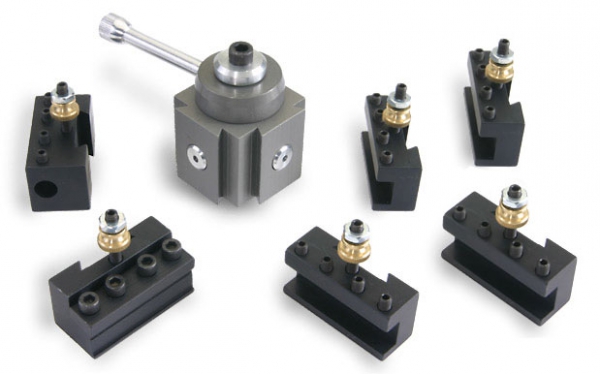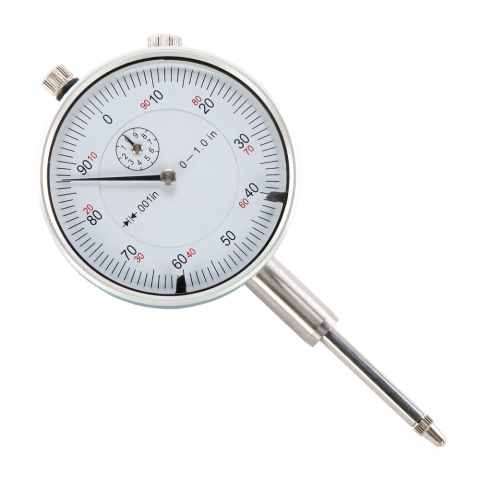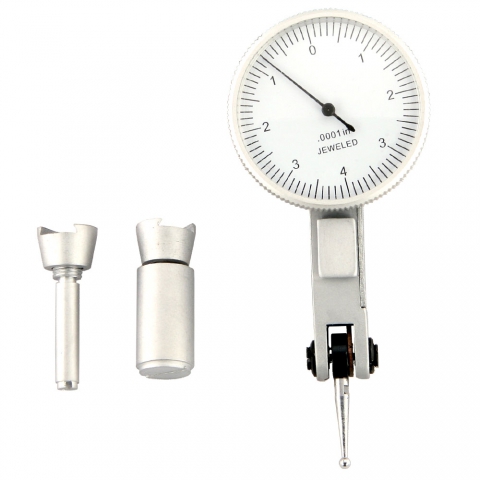Hi Everyone!
Some of you know me from the post in Welcome section. I am new to model engineering I have been researching on the tools required and compiled a short list. Please advice me on the list below:
I have been researching on the tools required and compiled a short list. Please advice me on the list below:
Lathe: 7X 12 or 7X14 havent decided which make to buy. Any suggestions here would definitely make my life easy. For past one week I am pulling my hair on coming to a conclusion on which lathe to buy. 9X and 10X are way bigger for me and I am not sure about 8X ones. I am planning to convert the spare bedroom into a tool room for the hobby so definitely the space is limited.
Lathe Accessories: What accessories do I need for the lathe?
Milling Attachment: Where can I get one? Is it absolutely required to make miniature internal combustion engines? I have decided not to get a milling machine until I become good with the lathe and build some confidence.
Measuring tools:
Besides these listed here are there any other tools a beginner would need?
Thank You,
Sri.
Some of you know me from the post in Welcome section. I am new to model engineering
Lathe: 7X 12 or 7X14 havent decided which make to buy. Any suggestions here would definitely make my life easy. For past one week I am pulling my hair on coming to a conclusion on which lathe to buy. 9X and 10X are way bigger for me and I am not sure about 8X ones. I am planning to convert the spare bedroom into a tool room for the hobby so definitely the space is limited.
Lathe Accessories: What accessories do I need for the lathe?
Milling Attachment: Where can I get one? Is it absolutely required to make miniature internal combustion engines? I have decided not to get a milling machine until I become good with the lathe and build some confidence.
Measuring tools:
- Digital calipers: 4, 6 or 8 not sure. Any suggestions here on the make and the size?
- Digital Micrometer: 0-1. Any suggestions on make etc?
- Height Gauge: I guess it comes with the calipers
- Ruler
- Divider
- Scriber
Besides these listed here are there any other tools a beginner would need?
Thank You,
Sri.







